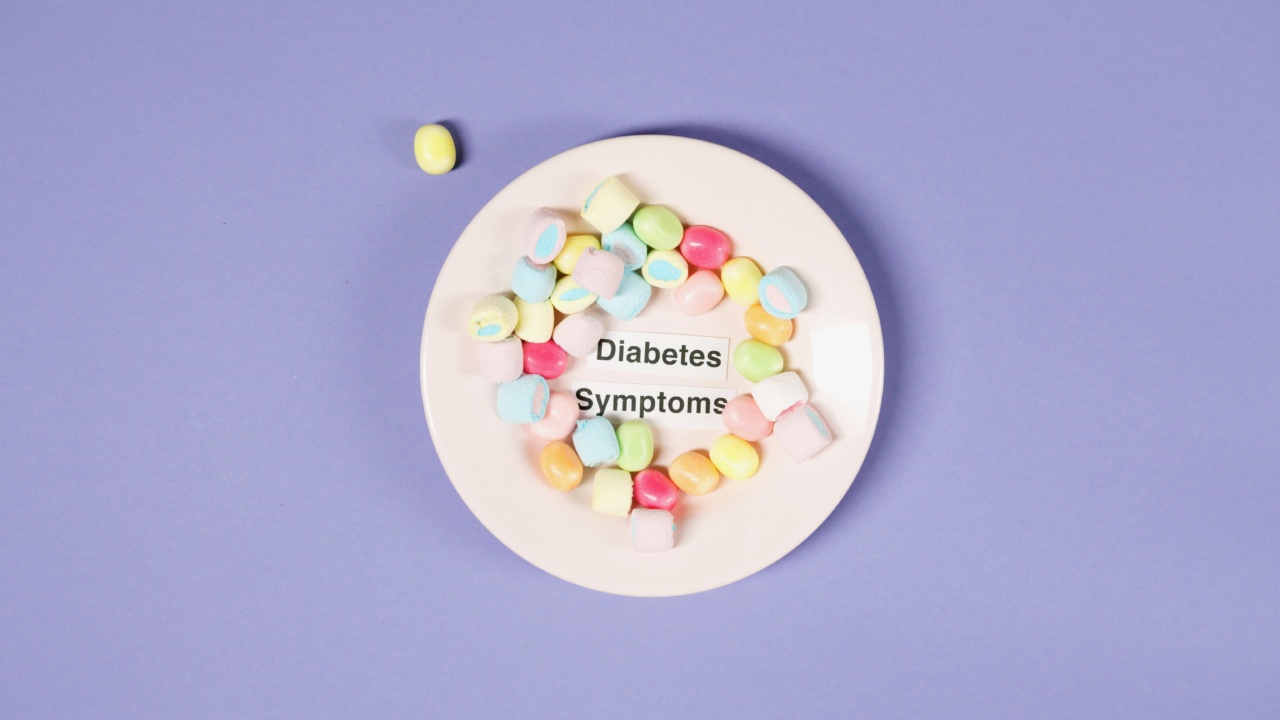Ectopic pregnancy is a medical condition where the fertilized egg implants itself outside the uterus, typically in the fallopian tube. This condition can pose serious risks to the mother if left untreated.
Therefore, it is crucial to be able to recognize the symptoms of ectopic pregnancy and take appropriate measures to avoid complications. In this article, we will explore the common signs and symptoms of ectopic pregnancy and discuss the ways to prevent further complications.
1. Understanding the Symptoms
Spotting the symptoms of ectopic pregnancy early is essential for prompt action. While the signs can vary from person to person, the following are some common symptoms associated with ectopic pregnancy:.
1.1 Abdominal or Pelvic Pain: One of the primary symptoms of ectopic pregnancy is abdominal or pelvic pain. The pain is typically experienced on one side of the lower abdomen and may range from mild to severe.
1.2 Vaginal Bleeding: Another common symptom is vaginal bleeding, which can range from light spotting to heavy bleeding. The bleeding may be red or brown in color.
1.3 Shoulder Pain: In some cases, ectopic pregnancy can cause shoulder pain. This occurs when blood from a ruptured fallopian tube irritates the diaphragm, which shares nerve endings with the shoulder.
1.4 Weakness and Dizziness: Ectopic pregnancy can also lead to weakness and dizziness. This is often attributed to internal bleeding and a drop in blood pressure.
1.5 Gastrointestinal Symptoms: Some individuals may experience gastrointestinal symptoms such as nausea, vomiting, diarrhea, or constipation.
2. When to Seek Medical Attention
If you suspect you may be experiencing an ectopic pregnancy or if you have any of the aforementioned symptoms, it is crucial to seek medical attention immediately. Timely medical intervention can prevent potentially life-threatening complications.
Contact your healthcare provider if you experience:.
2.1 Severe abdominal pain that is persistent or worsening.
2.2 Heavy vaginal bleeding that soaks through a pad within an hour or any signs of shock, such as fainting, pale skin, or rapid heartbeat.
2.3 Shoulder or neck pain accompanied by abdominal pain.
2.4 Weakness, dizziness, or fainting spells due to low blood pressure.
2.5 Changes in bowel movements or inability to pass gas.
3. Diagnosing Ectopic Pregnancy
Upon visiting a healthcare professional, they will conduct various diagnostic tests to determine if an ectopic pregnancy is present. These tests may include:.
3.1 Pelvic Exam: A pelvic exam involves examining the reproductive organs to check for any abnormalities, tenderness, or masses.
3.2 Transvaginal Ultrasound: This imaging test uses sound waves to create images of the pelvic organs, enabling the healthcare provider to visualize the pregnancy and its location.
3.3 Blood Tests: Blood tests are performed to measure the levels of the hormone human chorionic gonadotropin (hCG). In a healthy pregnancy, the hCG levels double every 48 to 72 hours.
Lower than expected hCG levels may suggest an ectopic pregnancy.
4. Treatment Options
Once diagnosed with an ectopic pregnancy, the treatment approach will depend on various factors, including the location and size of the pregnancy and the individual’s overall health. The treatment options include:.
4.1 Medication: Methotrexate is a medication commonly used to treat ectopic pregnancies that have not ruptured. It works by stopping the growth of the pregnancy tissue and dissolving it over time.
4.2 Surgery: In some cases, surgery may be necessary, especially if the ectopic pregnancy has ruptured or if there is heavy bleeding.
The surgical procedure may involve laparoscopy or laparotomy to remove the ectopic pregnancy and repair any damage to the fallopian tube or other affected organs.
5. Prevention and Risk Reduction
While ectopic pregnancy cannot always be prevented, there are certain steps individuals can take to reduce the risk. These include:.
5.1 Early Prenatal Care: Regular prenatal care can help detect and manage any potential pregnancy complications, including ectopic pregnancies.
5.2 Safe Sexual Practices: Practicing safe sex can help reduce the risk of sexually transmitted infections (STIs) that may cause inflammation and scarring in the fallopian tubes, increasing the chances of an ectopic pregnancy.
5.3 Treating STIs Promptly: If diagnosed with an STI, it is essential to seek prompt treatment to prevent further complications.
5.4 Timely Diagnosis and Treatment: If you suspect you may be pregnant or experience any concerning symptoms, seek immediate medical attention to rule out ectopic pregnancy and initiate timely treatment.
6. Emotional Support
Coping with an ectopic pregnancy can be emotionally challenging. It is important to reach out to friends, family, or support groups to seek emotional support during this difficult time.
Many individuals find solace in sharing their experiences and feelings with others who have gone through similar situations.
Remember, ectopic pregnancies are medical emergencies that require immediate attention. Recognizing the symptoms and seeking prompt medical care is crucial in avoiding severe complications and ensuring your overall well-being.






























